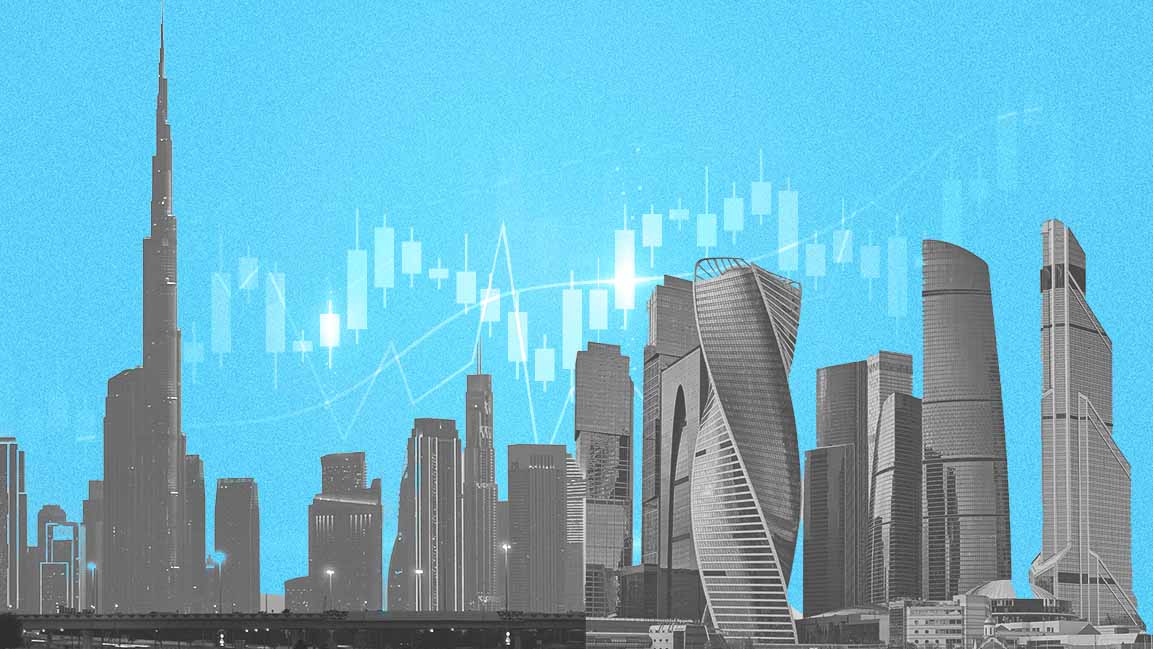- | 12:00 pm
UAE and Russia sign landmark agreement to boost bilateral services trade and investment
Non-oil trade between the UAE and Russia reached $11.5 billion in 2024, up 4.9% from the previous year

The United Arab Emirates and Russia have signed a Trade in Services and Investment Agreement (TISIA), creating a new framework to strengthen bilateral economic cooperation and increase foreign direct investment.
The agreement was formalized in Moscow during the visit of UAE President Sheikh Mohamed bin Zayed Al Nahyan, who met Russian President Vladimir Putin to explore opportunities for deeper collaboration.
It was signed by Dr. Thani bin Ahmed Al Zeyoudi, UAE Minister of Foreign Trade, and Maxim Reshetnikov, Russia’s Minister of Economic Development.
Unlike the existing Economic Partnership Agreement (EPA) between the UAE and the Eurasian Economic Union, which focuses on trade in goods, the TISIA is a bilateral deal targeting high-growth service sectors such as fintech, healthcare, transport, logistics, and professional services.
According to Al Zeyoudi, the TISIA, along with the UAE’s recently concluded EPA with the Eurasian Economic Union, marks a significant expansion of the country’s foreign trade network.
Non-oil trade between the UAE and Russia reached $11.5 billion in 2024, up 4.9% from the previous year, and surged 75.3% year-on-year in the first half of 2025, highlighting rapid growth in economic exchanges.
The TISIA is part of the UAE’s Comprehensive Economic Partnership Agreement (CEPA) program, which aims to increase the country’s non-oil foreign trade to $1.1 trillion by 2031. This builds on a record $816 billion in 2024, a 14.6% annual increase.
By easing market access, encouraging investment, and fostering new business opportunities, the agreement is expected to strengthen long-term economic ties between the two countries and reinforce the UAE’s position as a global trade hub.































